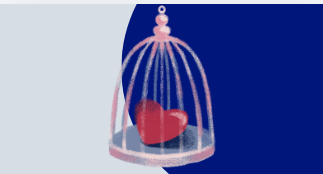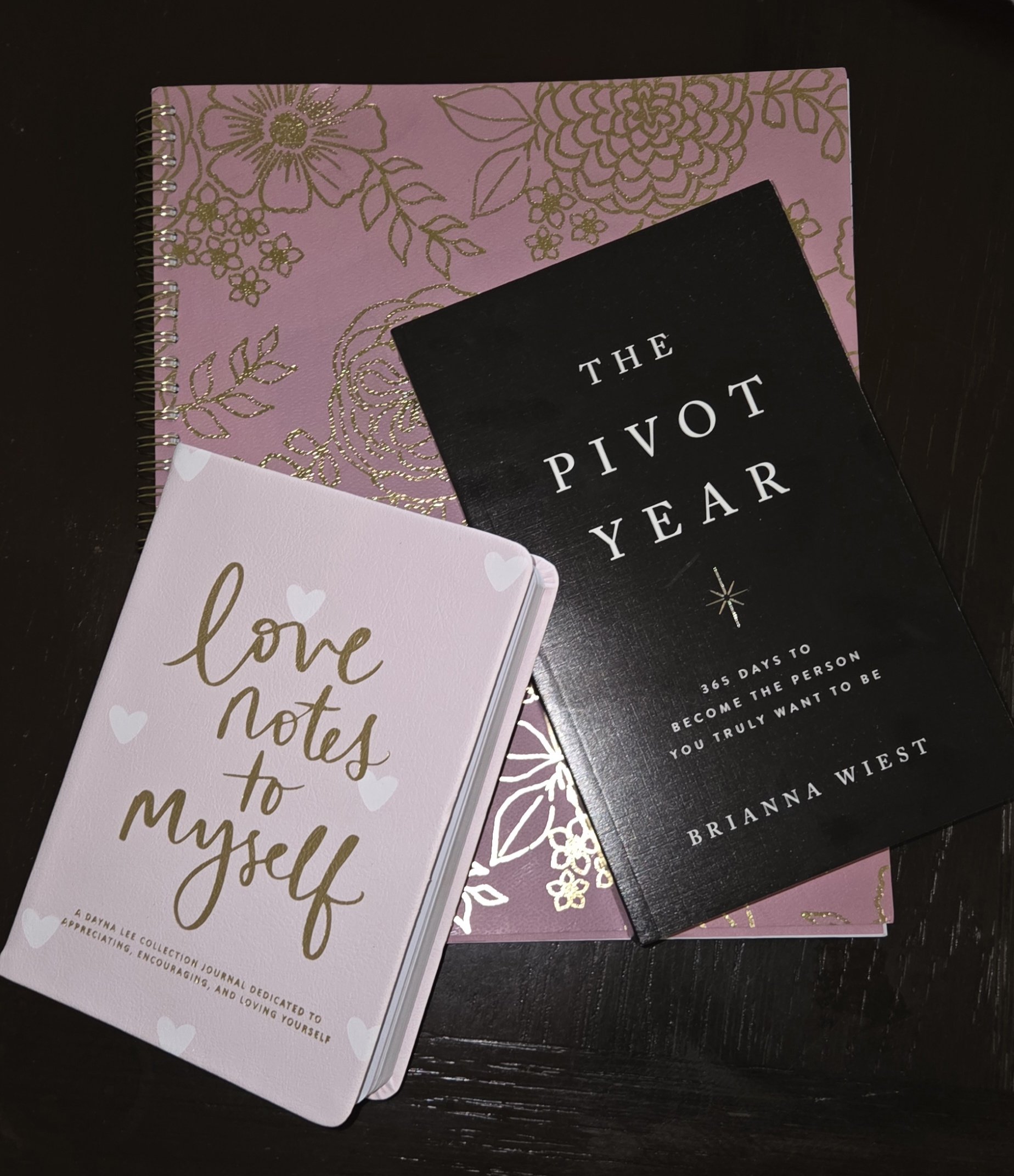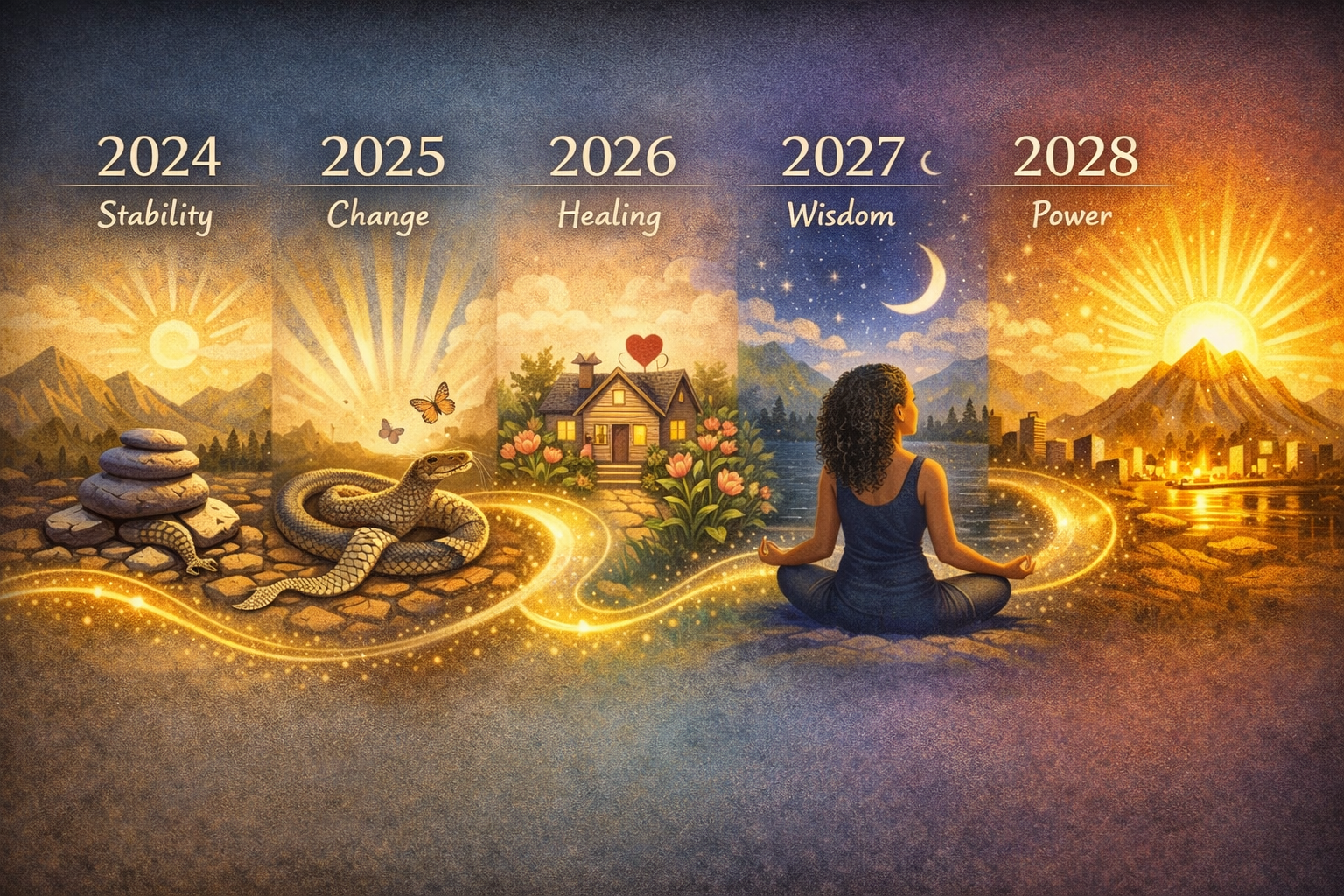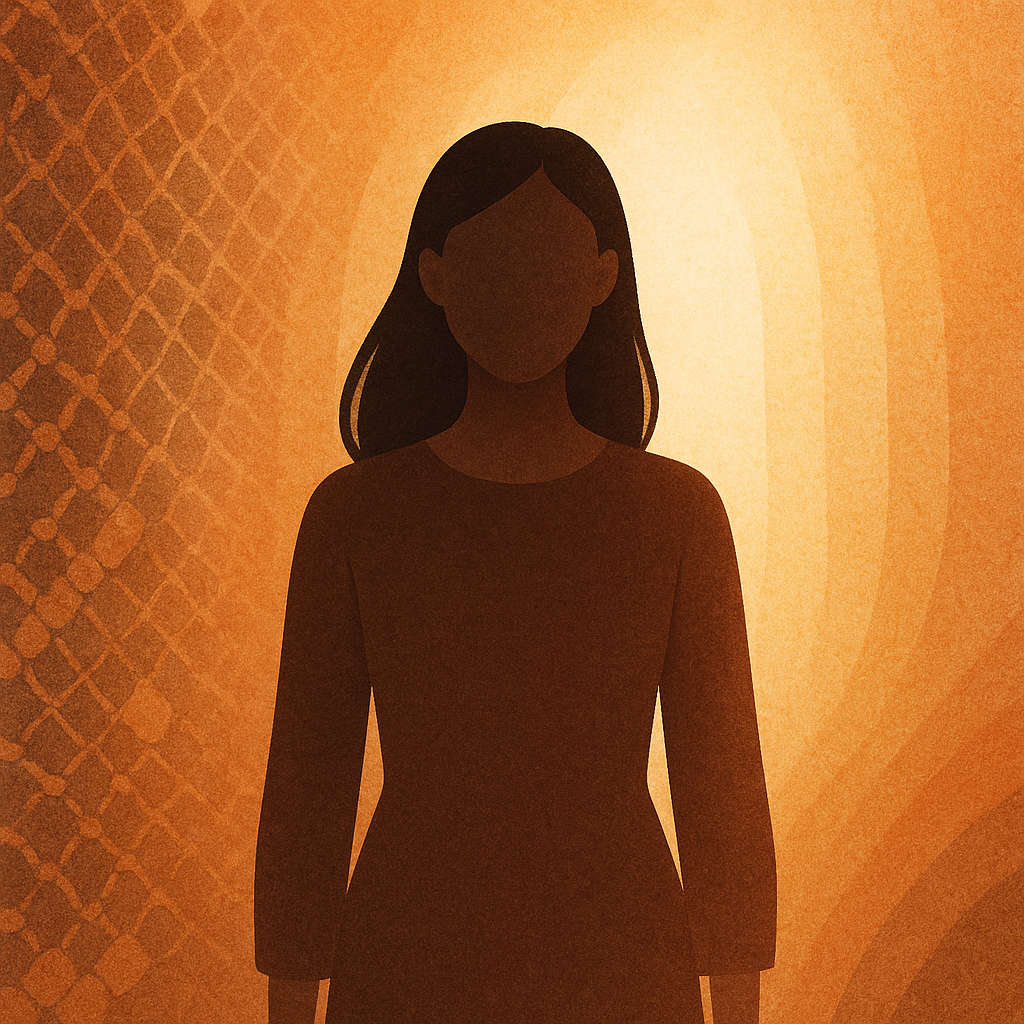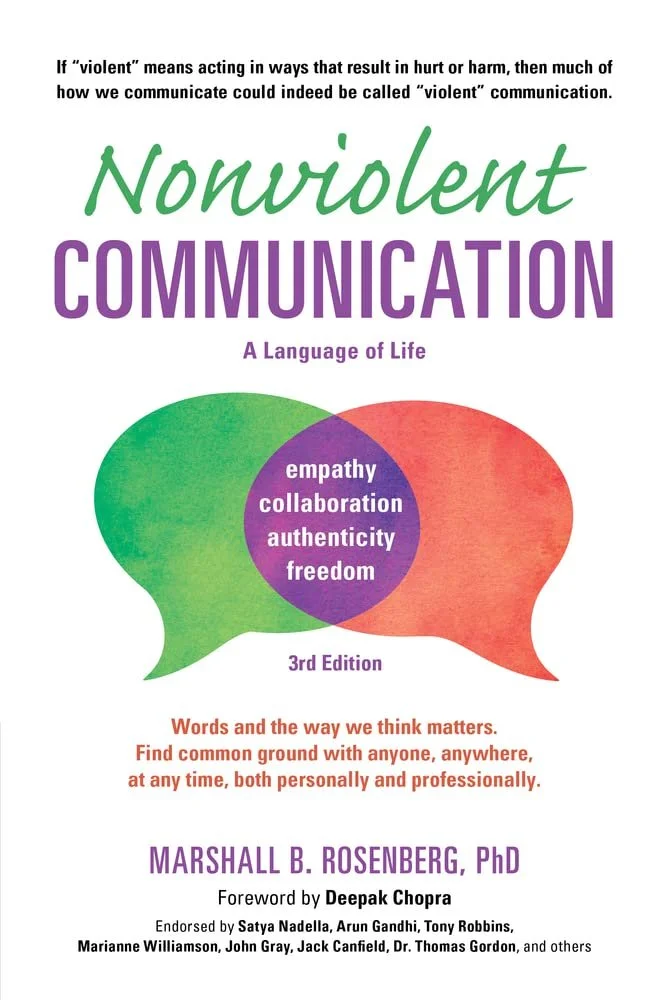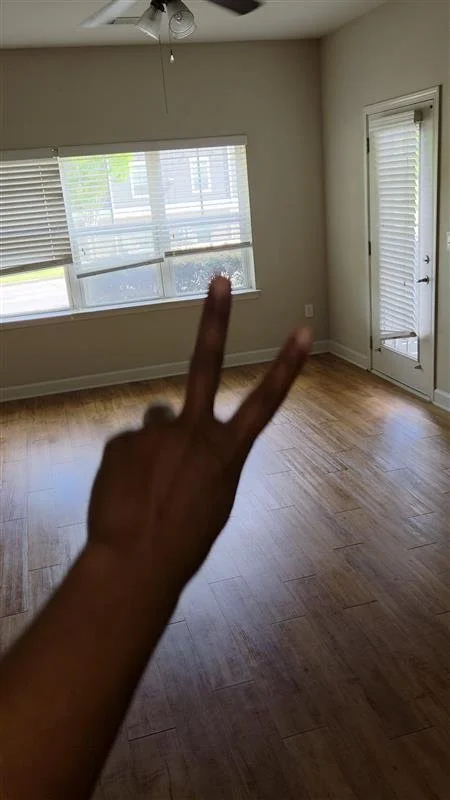Why I’m Starting EMDR
Talk therapy gave me insight, language, and awareness; but it didn’t quiet my nervous system. This is the beginning of my EMDR journey and a deeper exploration of healing beyond logic.
When Kindness Isn’t Comforting
Kindness used to soften me. Now, it makes me pause. This reflective post explores why “nice” can feel unsettling after emotional manipulation, how to respond to patterns instead of tone, and why neutral boundaries can be an act of self-trust and healing.
Forgiving Myself
Self-forgiveness isn’t about excusing the past, it’s about releasing shame and offering yourself the grace you didn’t know how to give before.
The Shift I Didn’t Expect
It started with curiosity — a quiet moment of reflection sparked by learning about the Year of the Snake. What followed was a deeper look at the seasons that shaped me, the lessons I carried, and the healing I didn’t realize was already unfolding. This is a reflection on releasing survival mode, honoring growth, and preparing for what comes next with softness, trust, and intention.
Clarity Over Noise
There was a time when uncertainty felt unbearable—when pressure and urgency could pull me off center. This is a reflection on learning to pause, trust my clarity, and choose thoughtful restraint over fear-based reactions. It’s about growth, boundaries, and the quiet confidence that comes from no longer abandoning yourself.
2025: The Year I Shed My Skin (Even When It Hurt)
2025 was the year I shed my skin. Through separation, healing, motherhood, and hard truths, I learned that growth often begins when what once fit no longer does.
When Gratitude Feels Hard
Gratitude season is here, but this year, it doesn’t feel natural for me. Instead of overflowing with thankfulness, I’m navigating the truth of a hard year—divorce, co-parenting changes, work stress, and a healing journey that’s still unfolding. This is my honest reflection on what 2025 taught me, how it changed me, and the lessons I’m carrying forward.
Zero tolerance policy
Someone from my past reached out, and it reminded me of the version of myself that gave endless grace — even when it hurt. I’ve learned that forgiveness doesn’t require re-entry and that peace isn’t found in tolerance. My circle is smaller now, but lighter, filled only with people who lead with genuine love and respect.
Did I just have a mid-life crisis?!?
Did I just have a mid-life crisis?! Turning 43 had me reflecting on survival mode, drastic life changes, and what it means to pivot into a life of peace, balance, and self-love. This year, I’m manifesting joy, financial freedom, healthy co-parenting, career growth, and the flourishing of my blog and community.
Mommin’ Ain’t Easy
Balancing school, sports, and big emotions isn’t easy. Here’s how I’m learning to mother with intention, grace, and presence.
Learning Through My Healing
Healing isn’t about reaching a perfect finish line, it’s about showing up for yourself every day with intention. In this post, I share five deeply personal lessons that have shaped my journey, from recognizing unhealthy patterns to embracing vulnerability and modeling resilience for my children.
Lions, Tigers, and Bears… Oh My
When fear about legal costs, custody, and unfair outcomes started to spiral, I turned to my Cognitive Behavioral Therapy tools to reset my thoughts. In this post, I unpack my biggest worries before divorce mediation and share how CBT helped me shift from anxiety to empowerment—one reframe at a time.
The “B” Word
For most of my life, I didn’t know what a boundary was—let alone how to set one. Now, I’m learning to say what I feel and ask for what I need, even when it’s hard. Here’s how boundary-setting is helping me reclaim my peace, one conversation at a time.
Staycation with my favorite boys
Three kids. Three different age groups. One unforgettable week. Here's how I planned the perfect summer staycation in Charlotte with my boys—filled with cuddles, quarry swims, splash pads, and moments I’ll never forget.
Navigating custody transfer days
Custody transfer days can stir up grief, guilt, and loneliness—even when you know divorce was the right choice. In this post, I share what it feels like to navigate the quiet that follows, and offer a printable care plan to help you hold space for your emotions with compassion.
Do I regret my divorce?
Do I regret my divorce? Not exactly—but the moments of second-guessing still find me. This is a raw and honest reflection on love, emotional wounds, and the strength it takes to walk away. I'm learning to transform regret into wisdom and silence into self-respect—one truth at a time.
Divorced, but not done
I just got the official notice—I’m divorced. But with three kids, co-parenting challenges, and a heart still healing, this journey is far from over. In this post, I reflect on the emotional toll of divorce, the realities of shared parenting, and how I’m learning to honor my anxiety and reclaim my peace. Journal prompts and affirmations included.
Balancing act
I never imagined sharing custody of my children; but here I am, learning to embrace the quiet, rediscover who I am, and show up more fully for myself and my boys. This is the raw, real, and often conflicting reality of single motherhood
Fresh start
I just got the keys to my new home—a space that feels like a true fresh start. In this post, I share the emotional weight of closing the door on my marriage for good, what this new chapter means to me, and how reclaiming my space has helped me reclaim my voice.
Leaning into mom guilt
Mom guilt is real—and heavy. In this post, I open up about my own journey as a single mom learning to parent through imperfection. From housing changes to co-parenting challenges, I’m learning to lean into the guilt with grace and self-awareness. I'm not aiming to be perfect—I’m choosing to be present, honest, and human.

